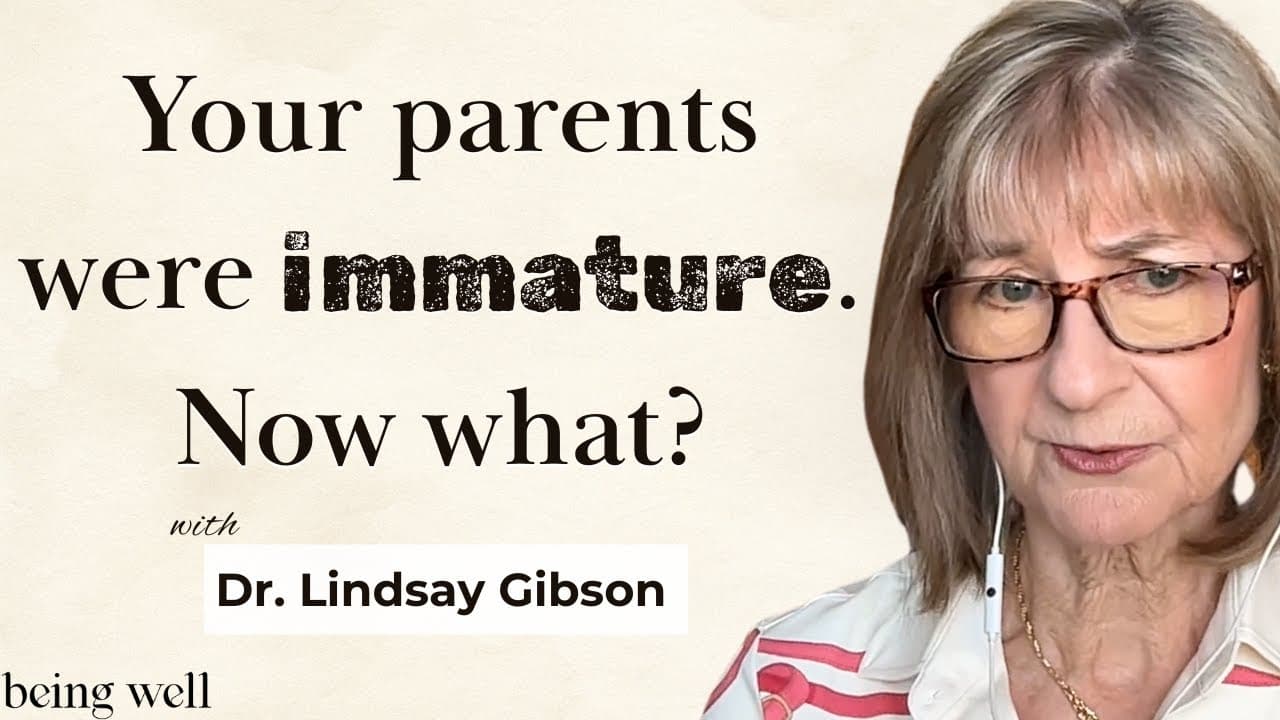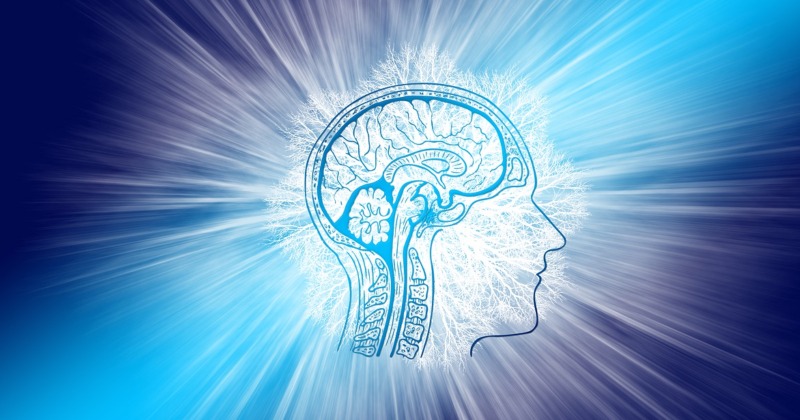From the Blog
Writings on Well-Being Dr. Rick Hanson

Being Well Podcast: Emotionally Immature Parents: How They Shape Us, and How to Heal – with Dr. Lindsay Gibson
Dr. Lindsay Gibson joins Forrest to explore emotional immaturity, the consequences of growing up with emotionally immature parents, and what we can do to change those patterns in adulthood.
Get these articles delivered directly to your inbox every week.
"*" indicates required fields
Intersection of Neuropsychology and Contemplative Disciplines
Rick Hanson and Richard Mendius are interviewed by Patrizia Collard from the School of Psychology, University of East London, UK.
The Neurology of Awareness and Self
It is sometimes said that the three greatest – and toughest, and most significant – remaining scientific questions are these: What caused the Big Bang? What is the “Grand Unified Theory” that integrates quantum mechanics and general relativity? What is the conscious self?
Oneness Podcast
We spoke about how Western Buddhism, transcendental learning and gratitude for opportunity all play an important role in getting in touch with your faith and finding true purpose and happiness in life.
The Neurology of Intention
Our intentions arise in the brain, are represented in the brain, and are pursued in the brain. Where else? Therefore, a basic understanding of how intentions work in the brain – and thus in your mind – is a very useful thing to have.
The Two Wings of Psychological Growth and Contemplative Practice
Any form of psychological development requires two fundamental activities/skills/functions: being with what is and working with what is.
True Happiness
Is there a particular type of mindset keeps us from finding true happiness ? For our ancestors to survive, they learned to find the bad in situations. In today’s modern age, the human mind is still programmed to latch onto the bad even though that mindset is unnecessary.
How Gratitude Can Change Your Life
”Without gratitude, life can be lonely, depressing and impoverished. Gratitude enriches human life. It elevates, energizes, inspires and transforms, and those who practice it will experience significant improvements in several areas of life including relationships, academics, energy level and even dealing with tragedy and crisis.”
Using the Will: Key Points
Using the will means helping yourself to want the good thing, to stick with your good resolutions and intentions easily, without white-knuckling. It’s a combination of virtue and good purposes.
How to Master the Superpower that Builds All Other Powers
In this episode – we go deep on mastering the superpower that underpins all other powers, how your brain’s automatic survival mechanism tilts you towards unhappiness, growing the mental resources to deal with the biggest challenges of your life
Train Your Brain: Taking in the Good – Key Points
In a profound sense, we are what we remember – the slow accumulation of the registration of lived experience. That’s what we have “taken in” to become a part of ourselves. Just as food becomes woven into the body, memory becomes woven into the self.
Right Mindfulness
Right Mindfulness is one of the three elements of the Path that focus particularly on your internal states of being (the others are Right Effort and Right Concentration).
Insight: Key Points
With Insight, you understand the factors that shape your reactions. Your reactions are not fixed and inevitable. They are constructed within your mind – which is very hopeful, since it means you can send them in a better direction.
Yoga and Mindfulness Practices for Children: Kind Wishes
Many of the practices that support our well-being and happiness as adults are wonderful for children as well, but the way that they are taught must be developmentally appropriate and meet their sometimes very different needs.
The Power of Mindfulness: Shauna Shapiro
How do we change? In this pioneering talk, Dr. Shauna Shapiro draws on modern neuroscience and ancient wisdom to demonstrate how mindfulness can help us make positive changes in our brains and our lives.
Train Your Brain: From Anger to Peace
Why is skillful interaction with our angry emotions so necessary? It’s because anger is both one of the most effective social tools for achieving short range results, and one of the most toxic emotions to ourselves and our family/social networks.
Your Wonderful Brain
Although your brain isn’t heavy – about three pounds of soft, gooshy tissue-like tapioca pudding – it has about 1.1 trillion cells altogether. It literally is the most complex object known in the universe.
Train Your Brain: From Anxiety to Security
Some exercises that will help show you where in your own brain the emotions of anxiety and security live.
Turn Toward Suffering, from Frank Ostaseski
In Western culture, we are taught that if suffering exists, something is wrong. It is a mistake. I had a boss years ago who, when something didn’t work out, demanded, “Whose fault is this? Who is to blame?” When I would explain that sometimes things just don’t go...
Interview with Dr. Randy Kamen
Dr. Randy Kamen interviews Dr. Rick Hanson for the Finding Fulfillment and Joy in Midlife online summit. Learn how you can live a rich and meaningful life despite inevitable challenges that may arise as we grow older.
Train Your Brain: Letting Go
Use letting go whenever you relax, get stress relief, release painful feelings like worry or anger, take things less personally, or drop thoughts that make you and others unhappy.
Train Your Brain: Positive Emotions and Taking in the Good
For most people, the point of living boils down to one or more of these three things: Quality of life, Contribution and Learning. So if you have been wondering what you’re doing here on this earth, you might look to one or more of those categories!

